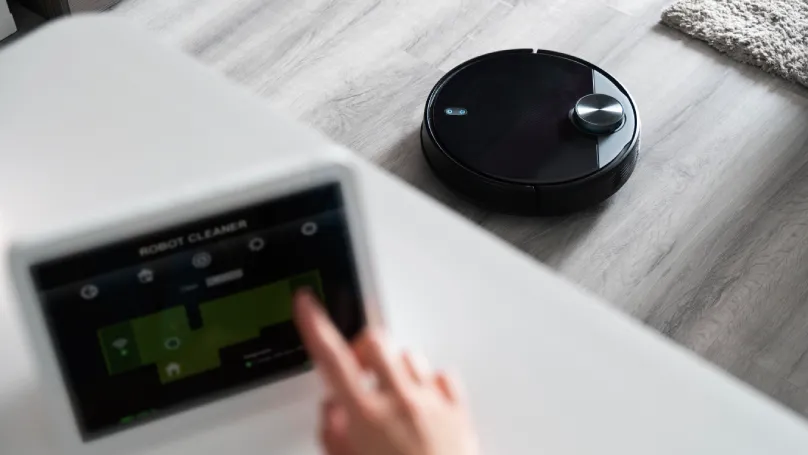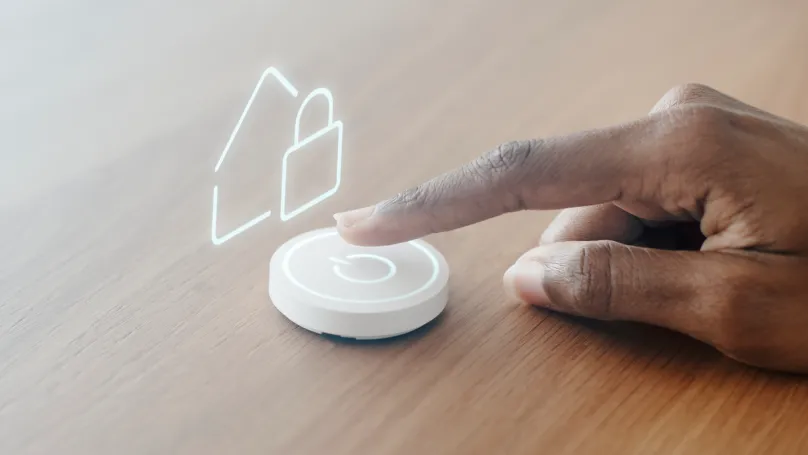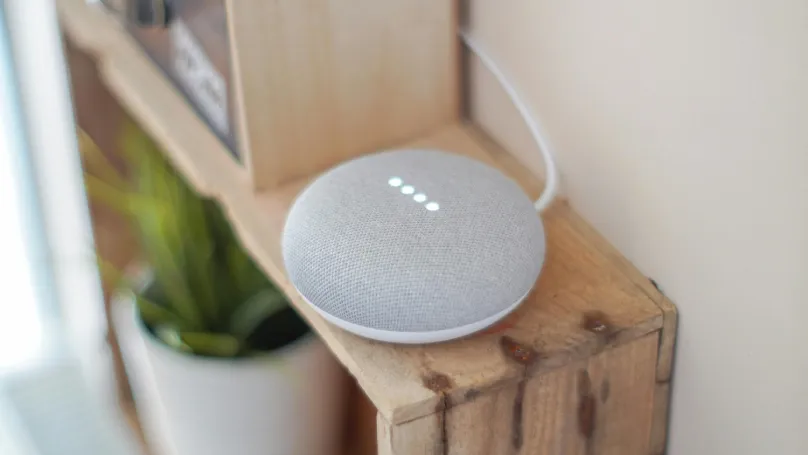Property managers have many duties, the most important of which is commitment, commitment to security, maintenance, and repairs of properties.
Currently, property management has many effects in the digital world. In the rest of this article, we will give you ideas for innovation in property management.
Given the ever-changing landscape of property management, advanced technologies and innovative solutions have been highly required to meet the continuously growing demands of modern tenants and property owners. Over the last couple of years, we were able to observe rather dynamic changes powered by such applications as artificial intelligence, smart home technologies, and upgraded means of communication.
These changes not only organize operations but also bring about a more engaging and efficient atmosphere for all parties concerned. This article covers the main trends and technologies that will probably shape the future of property management, all the while giving actionable insights to property managers that want to thrive in today’s competitive market.
The future of property management
Key emerging trends that will shape the future of property management include increased reliance on artificial intelligence for informed decision-making, smart home integrations that offer improved services for tenants, and a growing focus on sustainability and energy efficiency. Moreover, owners will be requesting flexible lease options and stronger lines of communication, which reshape property managers’ approach towards their clients.
Equally exciting are the changes this is causing in how we must manage and maintain property. To this end, we’re committed to bringing insight and solutions that enable our clients not just to survive but to thrive in this changing environment. Over the course of the following sections, we will be sharing a series of innovative ideas geared to help you adapt and thrive in the future of property management.
IoT and Smart Home Technology
Generally, smart homes consist of devices that can connect to the Internet and remote control, devices such as refrigerators, electrical outlets, smart lamps, doorbells, etc. All these smart devices can connect to a device or the Internet or both.
Making homes smart can be an opportunity for you to increase the sale of your properties. You can also create a remote control app for your smart home to give your customers an edge over the competition.

Enhanced security systems
Nowadays, besides basic needs like shelter, food, and clothes, home security systems become one of the prime essentialities in life due to increasing concern for personal security and protection of assets. These home security systems let one experience further safety and greater peace of mind, while offering advanced technologies with a myriad of features.
In modern times, some facilities included in home security systems are CCTV cameras, motion sensors, alarm systems, and remote control, by which users can oversee the activities of their homes while away from any place in the world. Such an investment, being indispensable to the family and property security, is not only a smart decision but an inevitable act.

Artificial intelligence (AI)
It is observed that, in modern times, most industries are getting shaped by the advancement of technologies. This has not left property management untouched either. Artificial intelligence is one of the advanced technologies that has drastically revolutionized property management processes. Equipped with a great deal of capabilities, including data analysis, automation of tasks, and demand forecast, this technology enables property managers to achieve more efficiency in daily operations. Considering the new AI-based techniques and tools, one can understand what the future looks like for property management and what challenges the industry faces.

Autoresponder
It really elevates customer service in property management with the use of chatbots and response systems. By developing an online platform for addressing their issues, property managers will simplify communication with the tenants and immediately offer solutions. This can be an important website for tenants that will provide ways of solving a lot of issues: from maintenance requests and inquiries about bills to consultations regarding lease.
For example, with the integration of AI-powered chatbots, responses to queries by tenants are provided instantly at any time of the day, reducing queues and increasing overall satisfaction. Also, such systems can provide data about frequently asked questions for enhancements, enabling property managers to identify common issues and nip them in the bud.

Social networks for tenants
For that, it is required to track every channel of communication, which would take them towards ensuring satisfaction with the services among the audience. That does not only involve collection of feedback from every available platform, whether social media, email, or online forum, but also engage in efforts to reach the targeted audience with a view to understanding their needs and concerns.
At the same time, however, not losing control of the discussion is an equally important role, along with the provision of specialized answers to certain questions. This means that while open discussion should be encouraged, you must concurrently make sure your team is well-equipped to answer technical questions informatively and precisely. You can thus establish either a knowledge base or an FAQ section that would speed up the handling of common queries.

Smart energy management
Given the fierce competition in today’s market, saving customers’ money is now more crucial than ever. An excellent manner of implementation is including smart energy solutions within the property, such as solar panels. The use of renewable resources greatly reduces the amount spent on utilities and consequently saves for the tenants.
Also, smart energy technologies integrated into the building create new opportunities regarding the management and monitoring of energy consumption. With these advanced systems, property managers are able to track trends in consumption and better optimize energy efficiency, impacting both the economic and ecological parts of the bottom line positively.

Conclusion
Continuously changing technological advancements and evolving expectations by its tenants rewrite the future of property management. From the implementation of smart home technologies to leveraging artificial intelligence for operational efficiency, property managers have a sleuth of opportunities that better their service delivery and improve tenant satisfaction. Embracing such innovative changes would also mean cost-cutting and increased security, hence bringing in sustainability into management, making it responsive. Moving forward, property managers will have to be agile and forward-looking to make sure that their services keep pace with the changing needs of their clients. The thoughts and remedies shared herein are more like a compass that will lead your way through the transformational landscape, helping to position your property management strategy for success in the years ahead.











